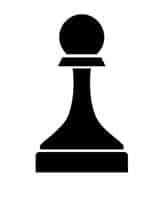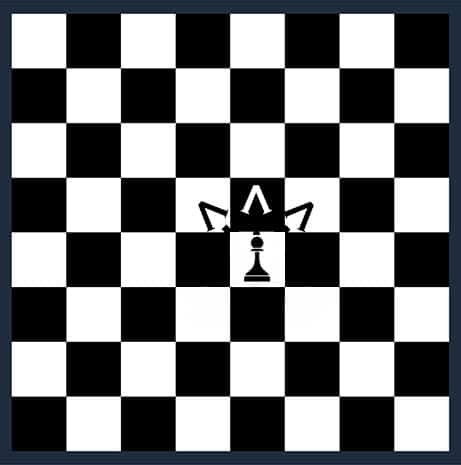Did you know a chessboard is more than just a chessboard?
Technically, its a miniature medieval battlefield, with each piece representing a counterpart straight out of history.
The more you know about the pieces, the better a chess player youll be.

There is also a special move called castling that involves switching the positions of the king and a rook.
Significance: The King is the primary piece in chess.
Its capture or rather its checkmate, a situation in which capture becomes inevitable ends the game.

It is the chess piece all other chess pieces are there to protect.
It is the only piece on the board you cannot play without.
Essentially, it combines the capabilities of a rook and a bishop.
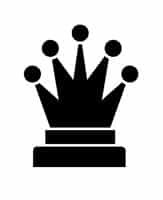
Bishop
How It Moves: The bishop moves diagonally for any number of squares.
This means it never changes color.
Knights are the only pieces in the game that can jump other pieces.
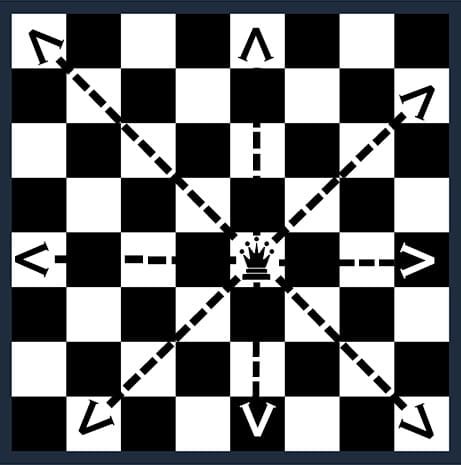
It cannot move diagonally.
It also engages in castling with the king.
(White arrow points to legal move.

Black arrows point to legal capture.)
Due to its strength, most players choose the queen.
Significance: Though limited in their movement, pawns have the potential for promotion.
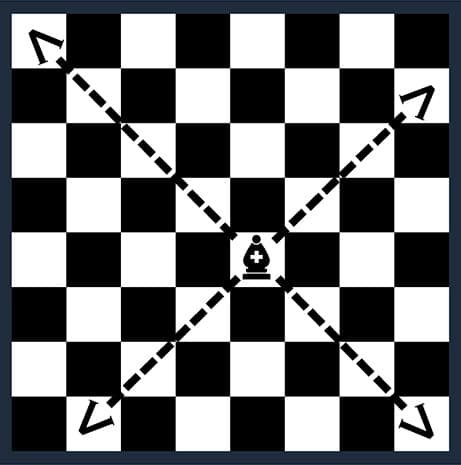
Chess Piece Values
In chess, each piece is assigned a point value.
Most of the time.
A knight strategically positioned in a vital area can be more valuable than a bishop stuck in the corner.
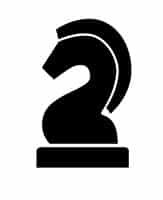
But its essential to know when these values change based on the specific circumstances of a game.
That, of course, comes with time and practice.
It cannot be lost.
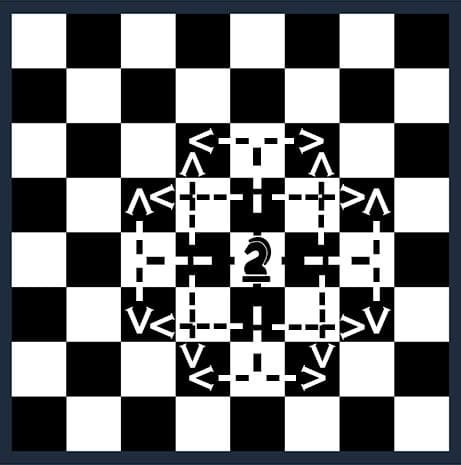
Due to its endless range and versatility, the queen is the most valuable attacker on a chess board.
Due to its endless range in straight lines, the rook is particularly powerful in open positions and endgames.
At least, until it is promoted to a higher-valued piece.
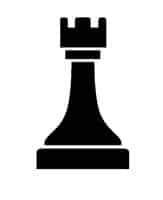
How many pieces are there in chess?
In a complete chess set, there are 32 pieces.
16 for each player.
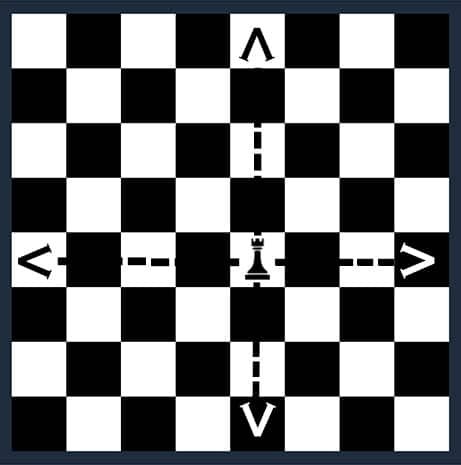
(Plus, of course, one board!)
